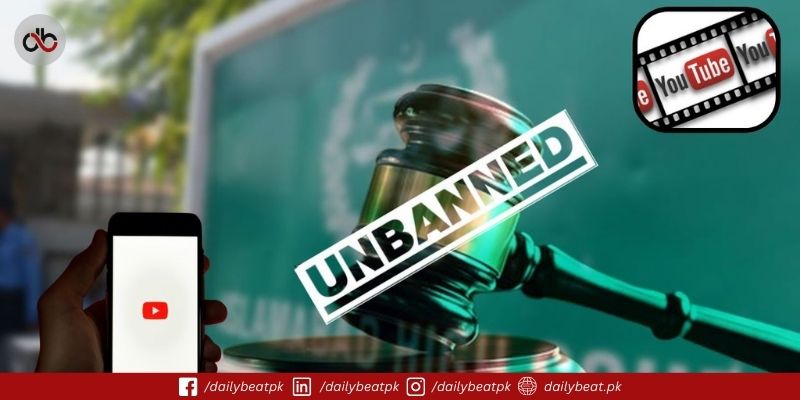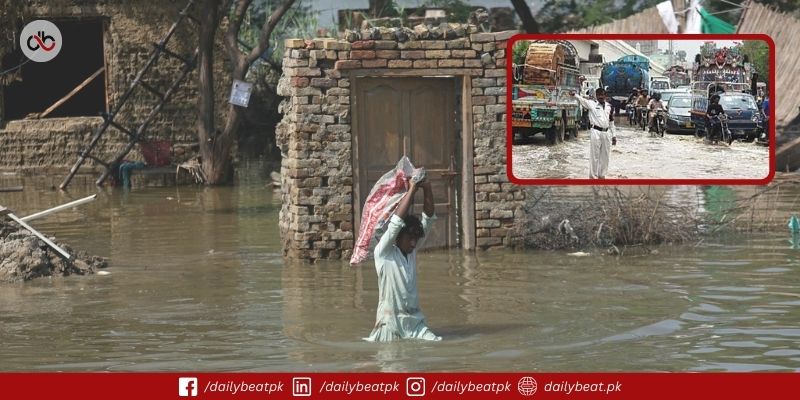The Islamabad High Court has suspended a controversial order that banned several YouTube channels in Pakistan. This development came after two well-known journalists filed revision petitions challenging the ban.
On Friday, the Islamabad district and sessions court accepted the petitions submitted by journalists Matiullah Jan and Asad Ali Toor. Both argued that the earlier decision to block their channels was taken without proper notice. As a result, the court ruled that the ban should be lifted for now. The decision means their YouTube channels are unbanned, at least temporarily.
The original order had directed YouTube to block 27 channels. These included accounts operated by journalists, political commentators, and influencers. Many of them are known for their criticism of the government and the military. The earlier directive claimed that these channels were spreading “fake, misleading, and defamatory” content.
The move raised concerns about press freedom and digital censorship in Pakistan. Critics said the decision was made without following legal procedures. The Islamabad court orders released on Friday seem to support those concerns.
The judge, Muhammad Afzal Majoka, issued a one-page written order for each petition. The court agreed with the petitioners that they were not given a chance to defend themselves. According to the ruling, the ban violated Article 10-A of the Constitution, which guarantees the right to a fair hearing.
The order clearly states: “Hence, instant revision petition is admitted for regular hearing.” This statement confirms that the court will review the matter further, but for now, the channels are allowed to operate.
The court has also sent a notice to the National Cyber Crime Investigation Agency (NCCIA). The agency has been asked to present its response in the next hearing, scheduled for July 21.
Matiullah Jan shared the update on X (formerly Twitter). He stated that a request is being sent to YouTube to stop any further action on the closures. This means that all 27 channels may not be permanently banned yet, depending on the final court decision.
This latest development has drawn attention to the balance between national security and freedom of speech. The fact that an Islamabad court suspended an order of banning YouTube channels shows that the judiciary is willing to review executive actions when challenged.
Digital rights activists welcomed the move. They say the decision to have YouTube channels unbanned is a small but important step toward protecting free expression online. They are now closely watching the outcome of the next hearing.
The Islamabad High Court orders have put the future of the 27 banned channels under legal review. While only two have received temporary relief so far, the case could set a precedent for others affected by the ban.
The issue is far from over, but the decision that the Islamabad court suspends order banning YouTube channels has become a key moment in the ongoing debate about digital rights in Pakistan.















